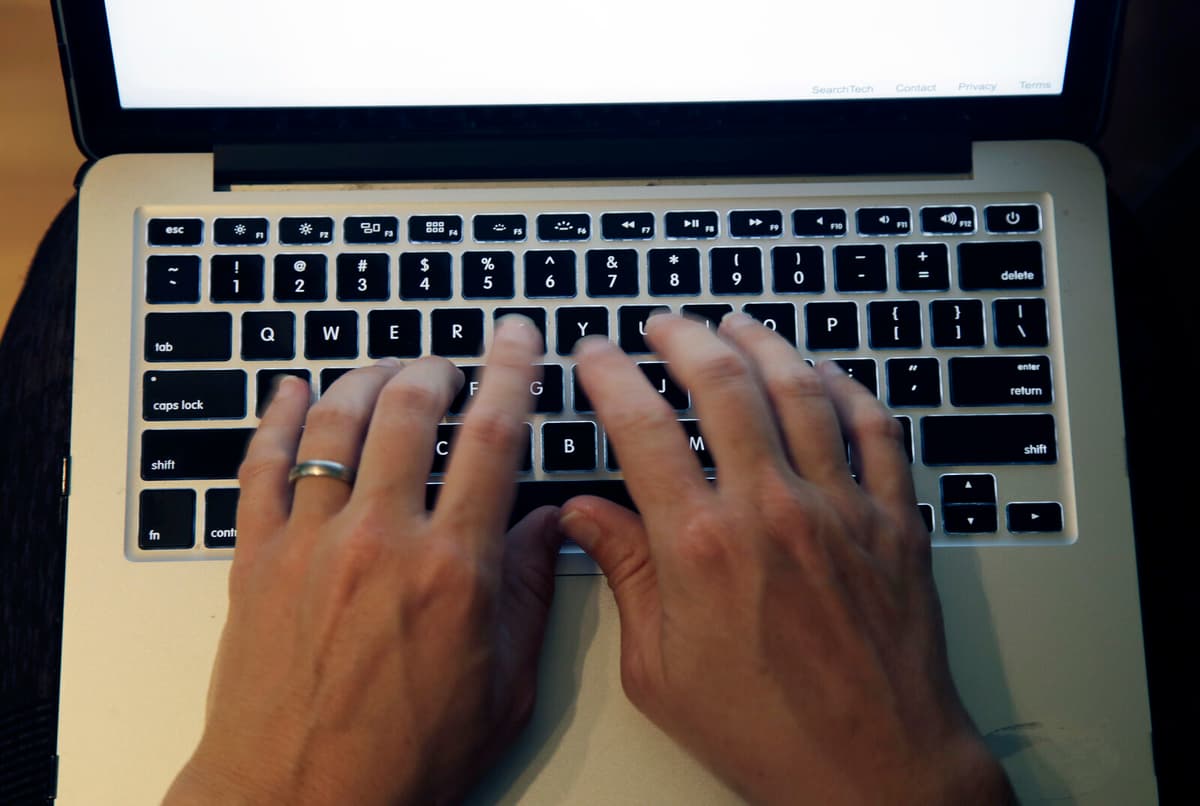The alarm about Swedes being sloppy when it comes to passwords is not new. Similar warnings have come from organizations, companies, politicians, and well-meaning acquaintances since the internet's inception. So why is it so hard to have different passwords for different logins?
It's quite complicated to keep multiple passwords in your head, says Måns Jonasson and continues:
They should be complex passwords, after all. And it seems that relatively few use password managers or two-factor authentication, which may be seen as yet another app to learn and manage.
Younger people stand out
The Internet Foundation, which is responsible for the .se domain on the internet, has conducted a survey where 49 percent state that they use the same password on more than one account online. Among 18-34-year-olds, the figure is 64 percent.
This has been nagged about for a long time, everyone probably knows what to do. But we see at the same time that many don't want to answer at all, so there is a large dark figure – and maybe a little shame, says Måns Jonasson.
The Internet Foundation wants to promote a newly launched Swedish version of the internet classic "have i been pwned" – on the Internet Foundation's website where you can see if your email has been involved in any data breach.
Tips and advice
For those who want to strengthen their password security, it's about having different, hard-to-crack passwords, as well as using two-factor authentication. That is, verifying each time you log in. Furthermore, a password manager, which collects your passwords in the background and remembers them for you, is a clever idea according to Måns Jonasson.
It's much safer than just regular passwords. Also, think about not leaving more data than you need online.
-
123456
-
qwerty123
-
qwerty1
-
123456789
-
hejsan
-
hejhej
-
hejsan123
-
bajskorv
-
password
-
12345678
Source: Nordpass






